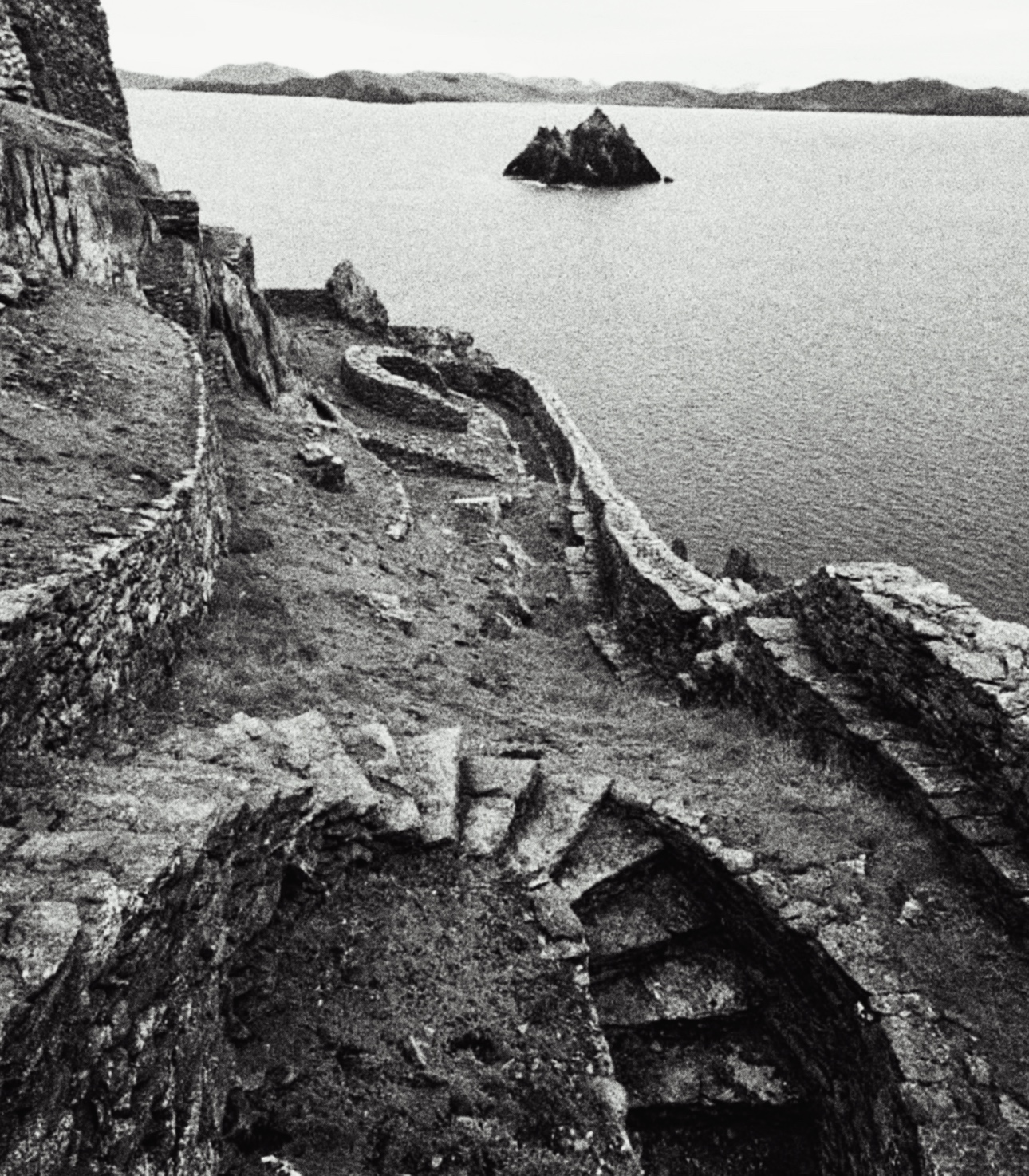The evil one does not waste his time on the lost, but hunts the strong, the faithful, those nearest to God—yet the struggle only proves the worth of the path, for what is winnowed in the wind endures. —D.
+++
We like to think the devil goes off into the wilds, combing the barren places, whispering among ruins and hovels. But this is a modern misunderstanding. He does not bother with the man already broken, already wandering among the wasted fields.
It’s the sure-footed he follows, not the scattered lost. The herdsman keeping watch, the craftsman at his work, the woman kindling the morning fire. The lost are left to drift on their own. It’s the ones nearest to home he hunts, the ones who know the path through bog and byre, the ones whose prayers are felt as breath and blood. He watches for them the way a hawk watches the bright-backed fish stir the shallows—stillness first, then the sudden fall. What wolf chases a lame beast when it can go for the strong, the keen-eyed, the one who scents the hidden springs?
Think of the old saints fasting on Skellig, the sea-spray seasoning their prayers, the wind cutting their names into stone. Think of the farmer laying seed in the field, knowing the frost might take half before the sun shakes itself awake. To be close to God is to be close to the edge.
A man might set his heart on what is right, might pull water from the right well, and still find himself assailed at every turning. The rain sows rot in the stored barley. The black dog follows his steps at evening. Yet it means something—that the thing sought after is real, and worth the seeking. So stand, dear Christian, and do the work of standing. Hold the rope-handled bucket, though the weight may wrench you downward. Know that even when the cold steel teeth of the evil one are at your heels, it only proves the Good Lord leads you in the way that matters. A threshing wind, aye, but what’s winnowed in it lasts.
